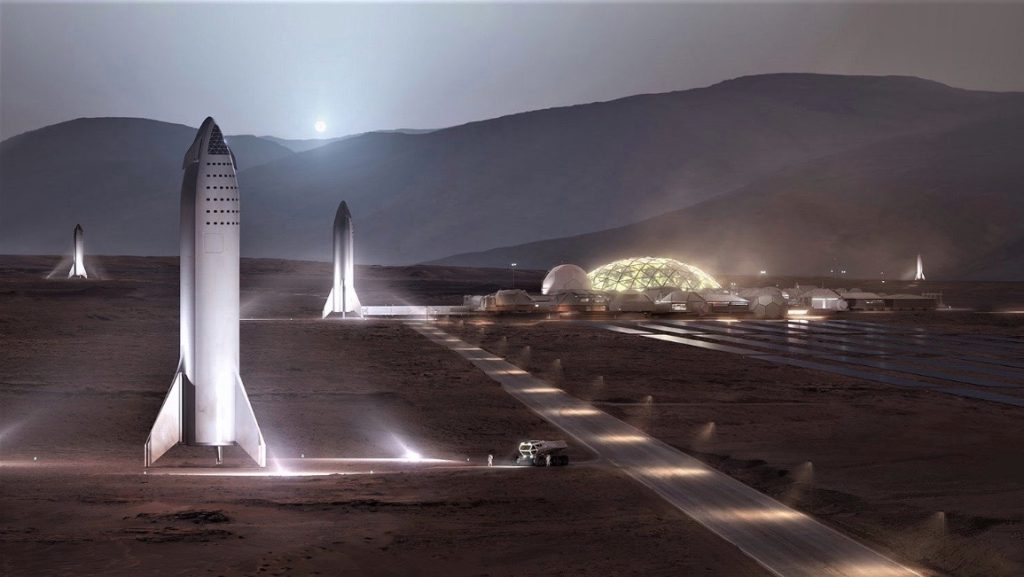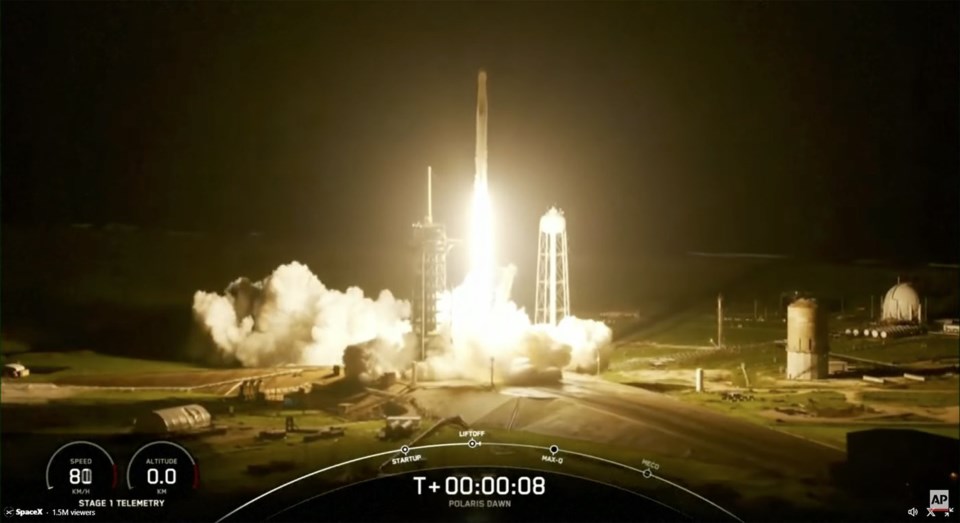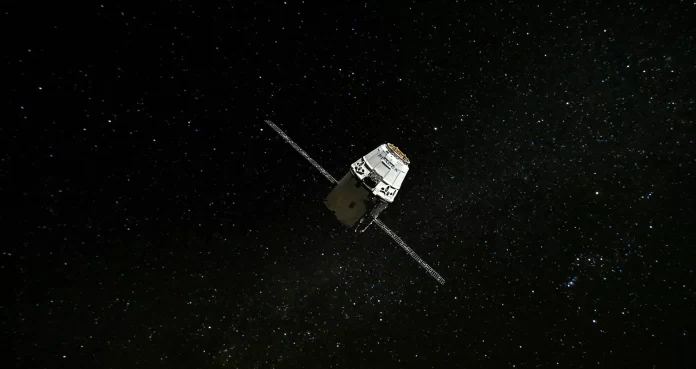Private Space Travel Revolution – Future of Science and Technology
As of August 2022, approximately 2,800 Starlink satellites orbited the Earth, and it projected this number to rise to 12,000 soon. Among the frontrunners in this new era is SpaceX, founded in 2002 by Elon Musk, the visionary behind Tesla. SpaceX has emerged as the leading company in terms of spacecraft launches. The company has been involved in notable projects, such as supplying flights to the International Space Station (ISS). In May 2020, SpaceX achieved a historic milestone with its first manned flight successfully docking at the ISS. Notably, SpaceX has also pioneered the development of Starlink satellites, a constellation of low Earth orbit satellites designed to provide broadband internet connectivity to underserved or remote communities.

Space startups and investment
The realm of private space travel is experiencing a remarkable surge, with an astounding $265 billion invested in space startups since 2014. According to Space Capital, nearly half of this substantial sum was directed towards companies based in the United States, while approximately 30% found its way into Chinese firms.
Who is Boeing, Airbus, Lockheed Martin, and Northrop Grumman
This era, often referred to as Space 2.0, ushers in a new wave of space exploration and travel. The impetus behind this boom primarily comes from private companies, including a growing number of startups, which combine innovative technological innovations with fresh business models. Unlike the past, when space travel was predominantly financed by states and carried out by a few established companies like Boeing, Airbus, Lockheed Martin, and Northrop Grumman, among others, the landscape is now witnessing a diversified and competitive market of private space ventures.
SpaceX first space mission

A significant leap forward for private space travel occurred on September 15, 2021, when SpaceX conducted the world’s first space mission without professional astronauts, carrying four space tourists on a three-day journey. This momentous achievement highlighted the potential for space tourism and commercial space travel beyond traditional astronaut missions. Looking ahead, SpaceX has even more ambitious plans, including the long-term goal of colonizing Mars.
The Need for Sustainable Space Practices
While the private space industry continues to make tremendous progress and captivate public imagination, it also faces challenges. One pressing concern is the accumulation of space debris, commonly known as space junk, which poses risks to ongoing space operations. Addressing this issue requires concerted efforts from both private and public entities to develop sustainable space practices and technologies.
Revolution and Space Exploration
The private space travel revolution led by companies like SpaceX has reshaped the landscape of space exploration and travel. The significant investments and groundbreaking projects within the private sector show the potential for innovation and commercialization in this field. With SpaceX at the forefront, pushing the boundaries of space technology and inspiring new possibilities, the future of private space travel appears both exciting and promising.
Explore our another blog on 61 rockets launched by Spacex – Click here to read

